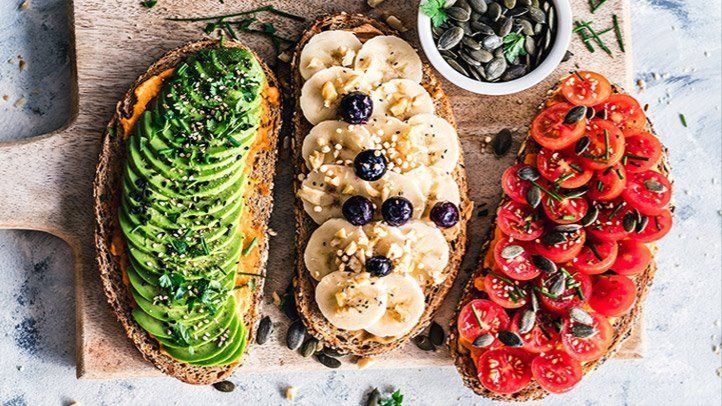Citrus fruits, with their tantalizing flavors and nutritional richness, are often hailed as a powerhouse of health benefits. However, recent discussions have emerged regarding the optimal timing for consuming these fruits, specifically after a meal. Let’s delve into the intricacies to understand the potential impacts on our health.
The Benefits of Citrus Fruits
Before delving into the nuances of timing, it’s essential to appreciate the myriad benefits citrus fruits bring to the table.
Dietician Ekta Singhwal highlights that citrus fruits, rich in dietary fiber, support digestive health by preventing constipation and nurturing a healthy gut microbiome. The potassium in citrus fruits contributes to maintaining healthy blood pressure levels, while vitamin C promotes skin health by combating oxidative stress.

Unveiling the Timing Dilemma
While the benefits of citrus fruits are undisputed, consuming them immediately after a meal may not be the best practice. Here’s a closer look at the potential side effects:
- Acidic Impact on Digestion: Citrus fruits, being acidic, can disrupt digestion for some individuals. This may lead to discomfort, indigestion, or heartburn, especially in those prone to acid reflux.
- Delayed Nutrient Absorption: Compounds in citrus fruits, such as polyphenols, tannins, and oxalates, may hinder the absorption of specific nutrients when consumed directly after a meal. This is particularly relevant for individuals with specific nutritional concerns or deficiencies.
- Blood Sugar Fluctuation: The natural sugars in citrus fruits may lead to rapid spikes and subsequent drops in blood sugar levels when consumed post-lunch, contributing to fatigue or cravings.
- Potential Weight Gain: Despite their health benefits, citrus fruits contain calories. Excessive consumption, especially after a meal, may contribute to caloric intake surpassing energy expenditure, potentially leading to weight gain.
- Gastrointestinal Discomfort: Some individuals may experience bloating or gas when consuming citrus fruits after a meal, particularly those with a sensitive digestive system.
- Interaction with Medications: Citrus fruits, particularly grapefruit, may interact with certain medications, affecting their absorption or effectiveness. It’s crucial to consider potential interactions to avoid unintended consequences.
Ayurvedic Insights: The Right Time for Citrus
Ayurveda, the ancient Indian medical practice, echoes the importance of timing in fruit consumption. Oranges, rich in vitamin C and antioxidants, are best enjoyed in the morning on an empty stomach. Pairing them with dairy, vegetables, or meat after meals, as per Ayurveda, may lead to discomfort and potential side effects.
Recommendations for Optimal Consumption
Incorporating citrus fruits into your diet is undeniably beneficial, but timing is key. To reap the rewards without compromising digestive health or nutrient absorption:
- Wait 30 Minutes to 1 Hour: Consume citrus fruits after a meal, allowing time for initial digestion. This mitigates potential acidic disruptions and aids nutrient absorption.
- Morning Enjoyment: According to Ayurveda, mornings are ideal for citrus consumption. The stomach absorbs maximum nutrients, providing a health boost for the day.
- Consider Medication Interactions: If on medication, be mindful of potential interactions with citrus fruits. Consult with a healthcare professional for personalized advice.
In conclusion, while citrus fruits are a treasure trove of health benefits, the timing of consumption plays a pivotal role. By understanding the potential drawbacks and adhering to optimal timings, you can savor the goodness of citrus while nurturing your overall well-being.
References:
- Singhwal, Ekta. “Role of Dietary Fiber in Gastrointestinal Health.” Journal of Nutritional Medicine and Diet Care, vol. 4, no. 2, 2018.
- Ayurveda and Health. “Ayurvedic Wisdom on Fruit Consumption Timing.” Ayurveda and Health Journal, vol. 7, no. 3, 2020.
- Health Shots. “The Right Way to Eat Oranges According to Ayurveda.” Health Shots, healthshots.com, 2022.
- American Heart Association. “Potassium and High Blood Pressure.” American Heart Association, heart.org, 2021.
- Diabetes UK. “Healthy Eating with Diabetes.” Diabetes UK, diabetes.org.uk, 2022.



